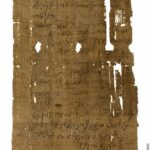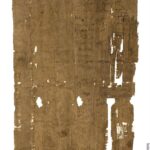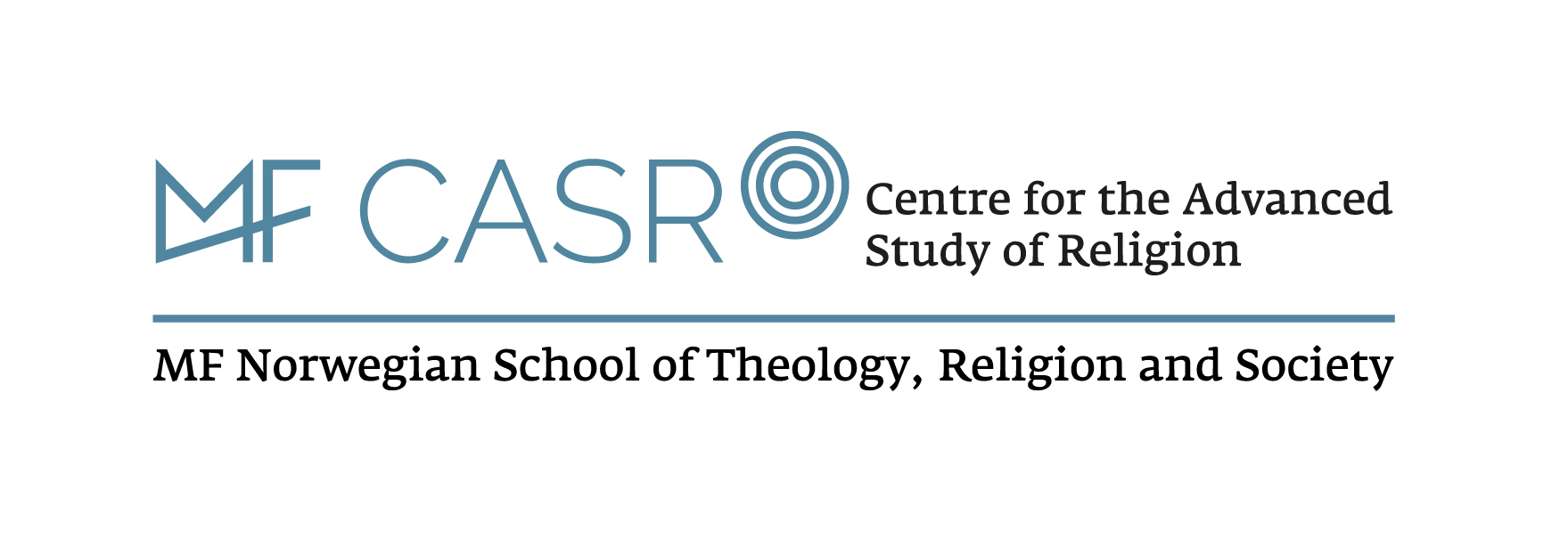| Artefact ID | 193 |
| TM ID | TM 32664 |
| Findspot (DEChriM ID) | 50 (Qaṣr Qārūn) | Class | Textual |
| Material | Papyrus |
| Writing medium | Sheet/roll |
| Text content | Documentary |
| Language | Greek |
| Archive/Dossier | Archive |
| Description | P.Abinn. 13; P.Gen. I 58: Letter to Abinnaeus from Ploutammon. The exactor Plutammon requests some immediate service from Abinnaeus on the ground that he has been placed in some danger by an action of the latter on his behalf. The expression: "For I trusted in god (ἐγὼ γὰρ τῷ θεῷ | ἐνεπίστε[υσ]α), having taken an oath that nobody should be in danger of being annoyed on our behalf" suggests that Plutammon was a Christian. On the question of whether Abinnaeus, commander of the cavalry (praefectus alae) in Dionysias, was a Christian and for his relationship with monks and clergy, see Bell et al. 1962: 32-33, Barnes 1985: 373-374, Choat 2006: passim, Luijendijk 2008: 35, n. 42, Kaiser 2015: 383, Choat 2017: 47.
Recto: text written along fibres; much rubbed, and parts of the right-hand side are lost. Verso: address, written along the fibres (turned 90°). Verso reused for a list of names with amounts of money. |
| Selection criteria | Christian terms/formulas/concepts |
| Date from | 342 |
| Date to | 351 |
| Dating criteria | According to Gallazzi (2015: 177-178), all of the dated texts of Abinnaeus archive are dated between 343 and 351, that is, in the period in which Abinnaeus exercised his functions of praepositus of the castra (342-351). |
| Absolute/relative date | Relative date |
| Archaeological context | While it was previously thought that Fl. Abinnaeus' archive was found in Philadelpheia where he went to live after his retirement, Gallazzi 2015 argued that Fl. Abinnaeus should have left his papers in his office (or in his lodgings), in Dionysias, when he left the army and handed over the command of the castra to others. The material would have been recovered in Qaṣr Qārūn, at the end of the nineteenth century, by antiquities seekers or sebâkh quarrymen and given to merchants of Medînet el-Fayûm, where they would have been intermingled with the documents recovered at Kharabet el-Gerza (Philadelphia), before reaching European collections. |
| Accession number | Geneva, Bibliothèque P.Gen. inv. 26. |
ARTEFACT IDENTIFIERS
Reference edition:
• Bell, Harold Idris, Victor Martin, Eric G. Turner and Denis van Berchem, 1962. The Abinnaeus Archive. Papers of a Roman Officer in the Reign of Constantius II. Oxford: Clarendon Press, 57-58, no. 13
Editio princeps:
• Nicole, Jules. 1906. Les papyrus de Genève. Genève: Georg (H. Kündig), 85, no. 58 (Repr. Amsterdam: Hakkert, 1967).
Additional bibliography:
• Barnes, Timothy D. 1985. “The Career of Abinnaeus.” Phoenix 39, 368-374.
• Choat, Malcolm. 2006. Belief and Cult in Fourth-Century Papyri. Studia Antiqua Australiensia 1. Turnhout: Brepols.
• Choat, Malcolm and Maria Chiara Giorda. 2017. Writing and Communication in Early Monasticism. Texts and Studies in Eastern Christianity 9. Leiden-Boston.
• Gallazzi, Claudio. 2015. “Dove è stato ritrovato l’archivio di Abinneo?” Archiv für Papyrusforschung und verwandte Gebiete 61, 170-179.
• Kaiser, Anna Maria. 2012. “Die Fahndung nach Deserteuren im spätantiken Ägypten.” In Actes du 26e Congrès international de papyrologie, Genève 16-21 août 2010, ed. Paul Schubert. Genève: Droz, 381-390.
• Luijendijk, AnneMarie. 2008. Greetings in the Lord: early Christians and the Oxyrhynchus papyri. Cambridge, Mass.-London: Harvard University Press.
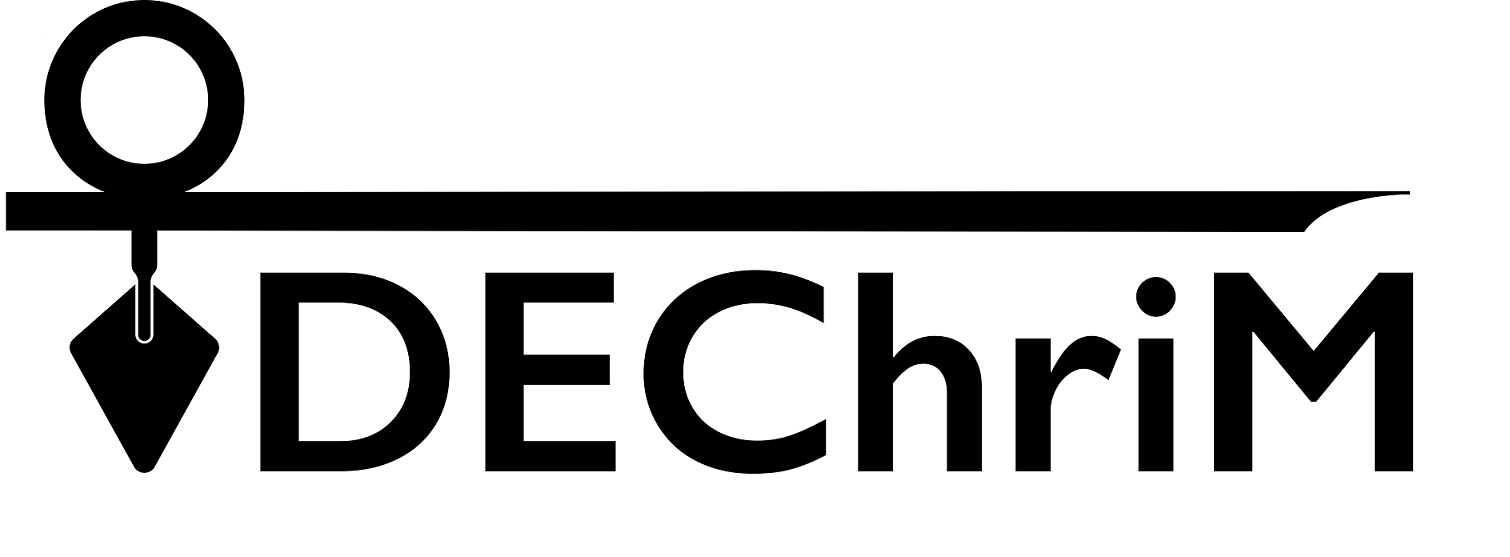

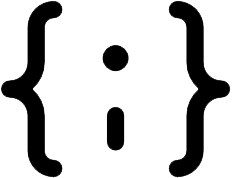 Json data
Json data